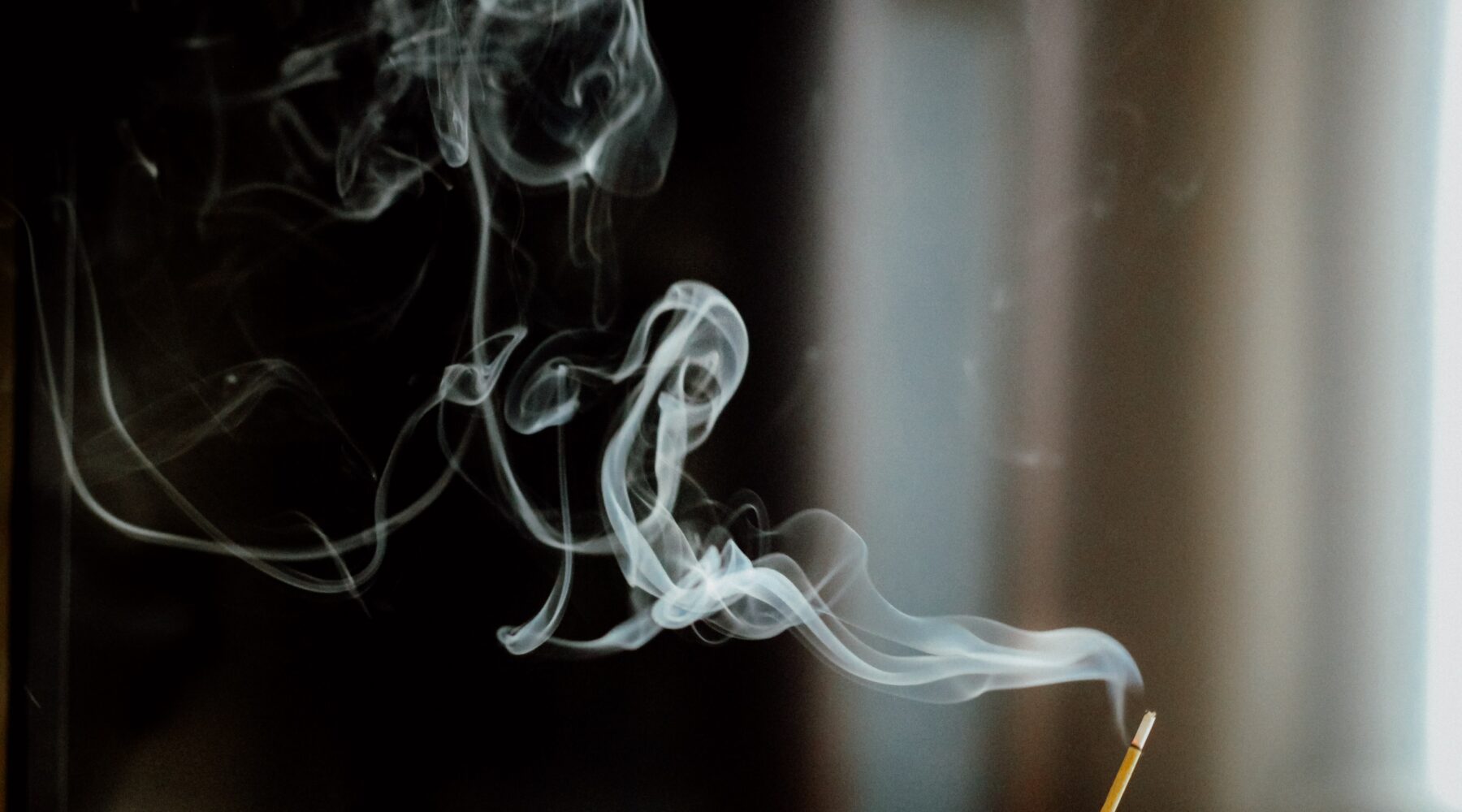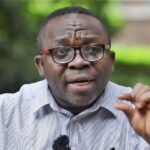


The resolution is the first of its kind to address witchcraft-related human rights abuses at the UN. It was built upon years of sustained advocacy by a cross-section of civil society organizations, in particular the Witchcraft and Human Rights Information Network (WHRIN), who in 2017 organised a UN expert workshop on the issue. In 2020, Humanists International joined the call for a resolution on witchcraft-related human rights violations in a written statement to the Human Rights Council.
The UN resolution urges States to condemn the widespread discrimination, stigma, social exclusion and forced displacement experienced by those accused of witchcraft, and to ensure accountability and the effective protection of all victims of witchcraft accusations.
Witchcraft related abuses occur on a worldwide scale, with the highest prevalence recorded in India, Nigeria, Zimbabwe and South Africa. The root causes of witchcraft-related persecution are complex, and include structural poverty, unemployment, lack of access to healthcare, ineffective justice systems, religious exploitation, as well as the deep rooted cultural belief in witchcraft itself. Recognising that more resources and political will are needed to address this poorly understood issue, the resolution also requests that the Office of the High Commissioner “prepare a study on the violations of human rights rooted in accusations of witchcraft”, which should be based on expert consultation with relevant stakeholders.
The UN resolution was welcomed by Dr. Leo Igwe, Board Member of Humanists International and founder of Advocacy for Alleged Witches (AfAW):

Dr. Leo Igwe
“A UN resolution that condemns human rights abuses linked to accusations of witchcraft and ritual attacks is a welcome development. It is encouraging to know that, after years of lobbying, the global body has rallied against this dark and destructive phenomenon. The UN has taken a definitive stand against this social menace. I hope this resolution prods and pressures affected states and governments to take urgent legal and administrative measures against these violations and other superstition-based abuses”
Dr. Sudesh Ghoderao, National General Secretary of the Federation of Indian Rationalist Associations (FIRA), also welcomed the resolution, and commented that:

Dr. Sudesh Ghoderao
“The unanimous approval of this resolution was down to the hard work and sacrifice of many activists, including that of the late Dr Narendra Dabholkar, who have worked tirelessly on the issue of witchcraft and harmful religious practices over many years. While the UNHRC’s resolution does not completely put an end to this unwholesome, ungodly, complex and harmful practice, still it is an important step taken to prevent the horrific violence that characterizes witchcraft accusations. Importantly, there is now an expectation of justice for countless people around the world who are being persecuted for reasons of witchcraft.
The state of Maharashtra is the first one in India to enact the Anti-Black Magic Act and Prevention of Social Boycott Act. These laws criminalize accusing a person of sorcery and the performance of inhumane acts in the name of witchcraft. It is a tragedy that similar laws cannot be passed at the national level despite continuous follow-up by the Federation of Indian Rationalist Associations (FIRA) and its affiliate, the Maharashtra Andhshraddha Nirmulan Samiti (MANS).
As the National General Secretary of FIRA, I issue an appeal to the Government of India to heed the UNHRC resolution by introducing and sanctioning both these laws at the national level.”